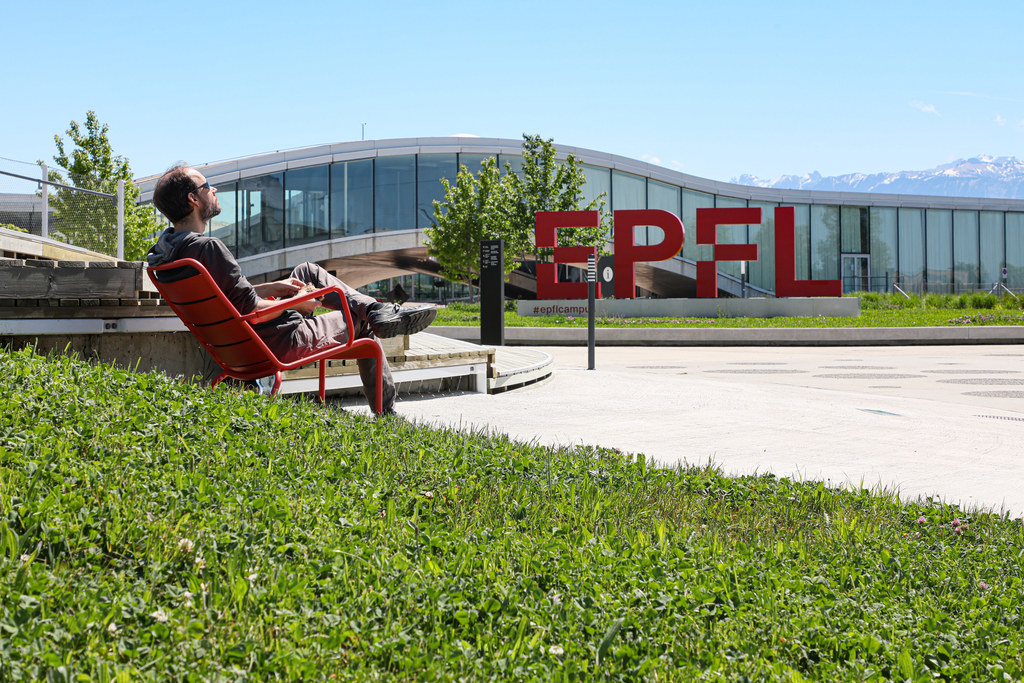EPFL-ETH Summer School on Lattice-based Cryptography

Lattice-based cryptography is a rapidly-advancing field with profound connections to both theoretical problems and practical applications. On the theoretical side, lattice-based problems can be used to construct numerous cryptographic primitives, from the most fundamental (hash functions, signatures) to the extremely sophisticated (fully homomorphic encryption, obfuscation). Algorithms for lattice problems are also an essential tool in the algorithms literature and in cryptanalysis. Lattice assumptions are also believed to be resistant to quantum attacks, which makes lattice cryptography a cornerstone of post-quantum cryptography. From a practical perspective, lattice-based schemes are versatile and efficient, and are starting to be deployed in large-scale protocols, including Apple’s private caller ID, Microsoft Edge’s password monitoring service, and in the quantum-secure signature and encryption algorithms deployed in web browsers.
Our programme covers four days of lectures, with a fifth “hack day”. We will start by covering the fundamental hardness assumptions, algorithms, and theoretical underpinnings of lattice cryptography. From the second day onward, you will learn how to construct the most important cryptographic schemes from these lattice problems, starting with collision-resistant hash functions and proof systems. The focus will then shift to digital signatures and encryption schemes (with special attention to the recently standardized lattice schemes), before continuing to some of the most advanced schemes in cryptography, such as fully homomorphic encryption, functional encryption, and obfuscation. Finally, the summer school will close with an interactive and collaborative “hack day”, where you will be given the opportunity to work in small groups, focusing either on theory (open problems and potential approaches and barriers to solve them) or practice (applying your newly gained knowledge by designing and implementing applications).
FAQ
The summer school is intended for Master’s and Ph.D. students, from EPFL, ETH Zurich, and beyond. We have capacity for 30 students, and our funding bodies (EPFL and ETH) require that at least 20 students are from EPFL or ETH. If you are interested in attending the summer school, please apply above!
The summer school is organized by Christian Knabenhans (EPFL, COMPSEC and SPRING labs), Shannon Veitch (ETH Zurich, Applied Cryptography group), and Dr. Jonathan Bootle (IBM Research Zurich), and is supported by Prof. Alessandro Chiesa (EPFL) and Prof. Kenny Paterson (ETH Zurich). We are also grateful to Fabienne Ubezio (EPFL, COMPSEC lab) for her adminstrative support.
The lecturers are international researchers in lattice-based cryptography.
Doctoral students at EPFL and ETH can receive 1 ECTS credit for attending the summer school (more information coming later). We are currently trying to give this possibility to Masters’ students as well.
If you are a student from another institution, please check with your home institution.
The registration costs for the summer school are 250 CHF for doctoral students and 100 CHF for Master’s students. This is a requirement from our funding bodies and we unfortunately are not able to waive these costs. However, if you’d like to attend but this financial burden would prevent you from attending, please indicate this in the application form, and we’ll do our best to accommodate you.
We do not offer student stipends for doctoral students, as we expect them to be supported by their advisor(s). If you are a Master’s students and would need accommodation in Lausanne, we will have more information for you soon; please indicate whether you would like to apply for student stipends in the application form.

